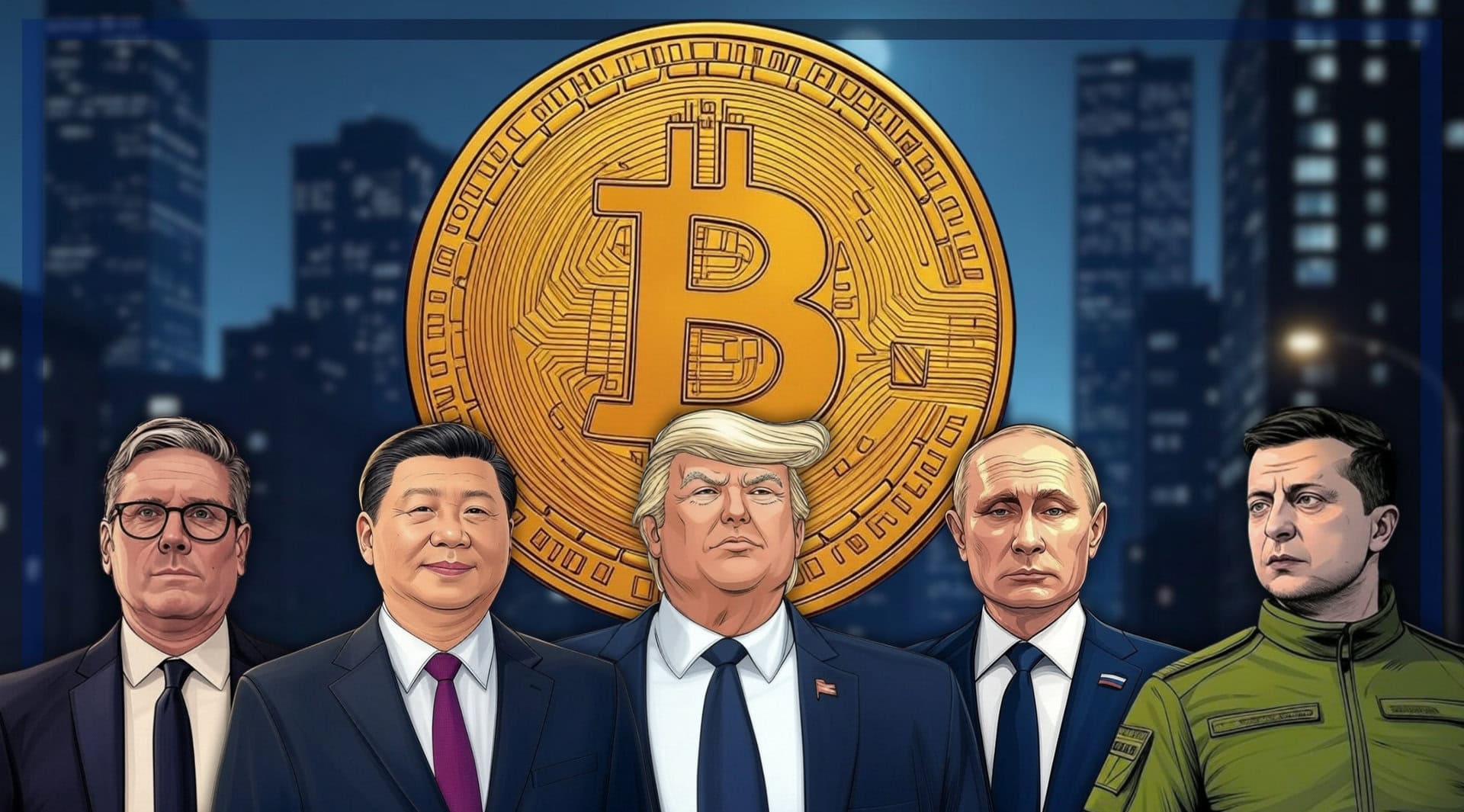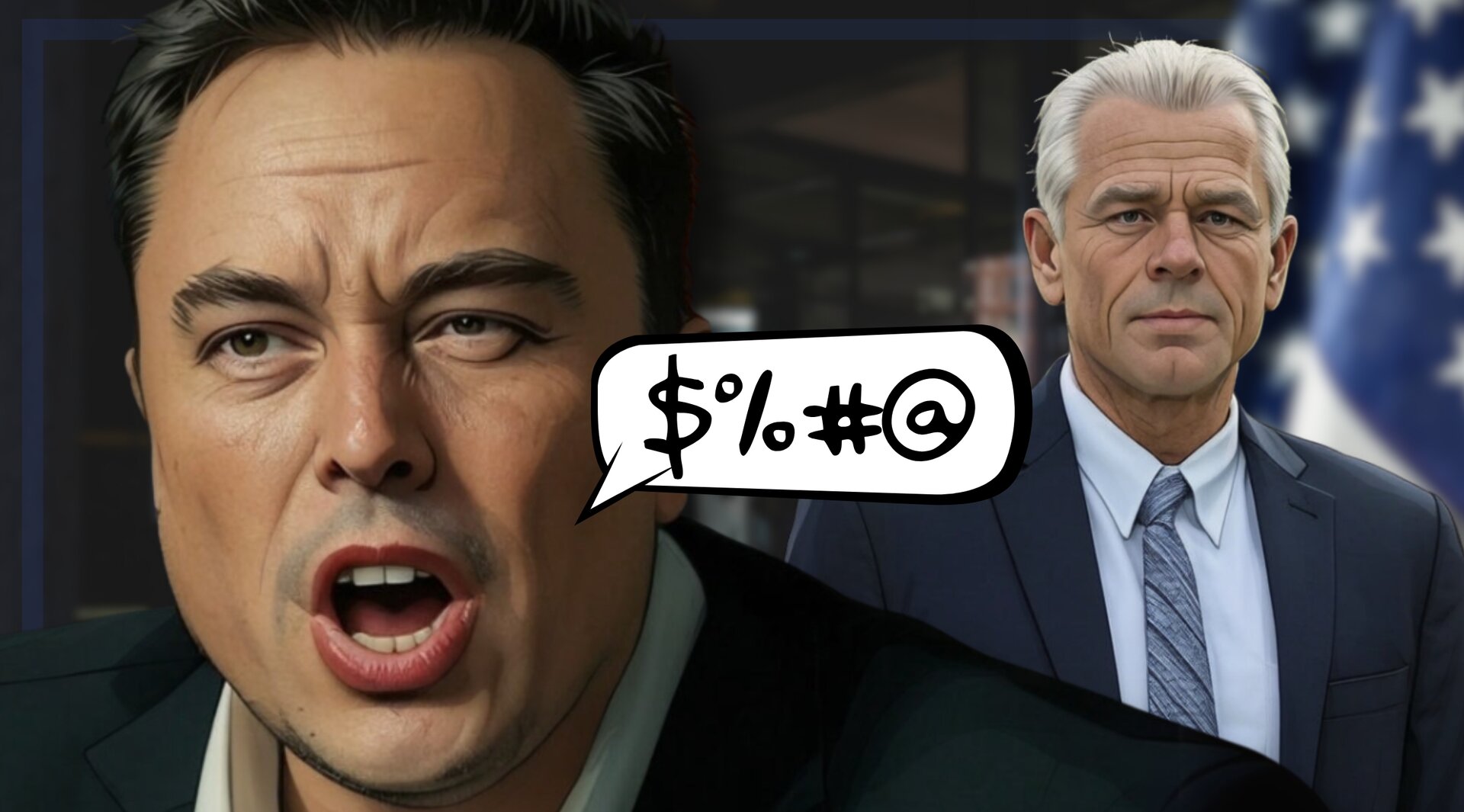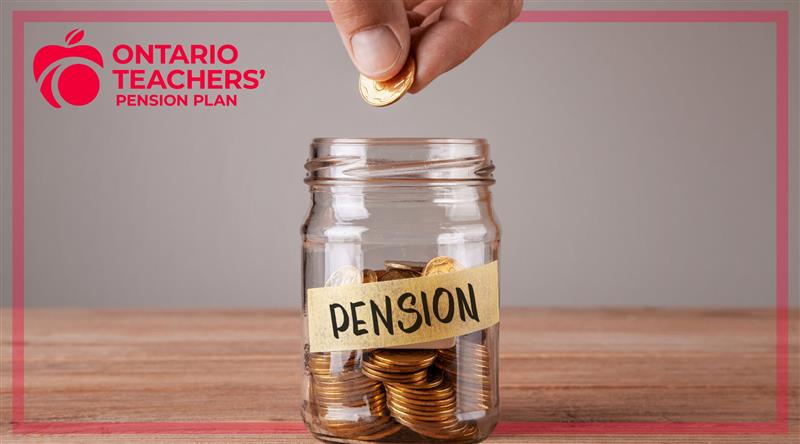2025 will be a year of repudiating the acien regime, accelerated by Donald Trump’s return to the U.S. presidency. Within the crypto space, capital is in flux as big business hedges its bets on the probable winners and losers. But it’s not just big business. Nation-states have gotten in on the act.
El Salvador was the first to establish official reserves of Bitcoin. Now, several other countries are moving in that direction, including The U.S., China, Brazil, the U.K., Switzerland, Russia, and Bhutan, some as a result of seizing the assets of criminals and others as a result of executive foresight.
United States: All In On Bitcoin
Bitcoin and the larger cryptocurrency market recently saw a dip in prices. The dip was attributed to a few different things, like the expected actions of the Federal Reserve, a recent U.S. jobs report, and the possibility the DOJ has begun auctioning $6.5 billion of Bitcoin seized from the Silk Road.
The now more than $6.5 billion of Bitcoin accounts for roughly one third of all the Bitcoin the U.S. government currently stewards. While the courts have cleared the path for the U.S. Marshal Service to begin liquidating the 69,000 Bitcoin, given the glacial pace of government bureaucracy, it is highly unlikely anything has happened.
Now that Donald J. Trump has reassumed the presidency, it is now that much more unlikely. As reported in Disruption Banking, President-elect Trump spoke in July of using the very same seized Bitcoin to jumpstart a U.S. stockpile.
However, questions have arisen regarding the legality of the U.S. government’s indefinite holding of the seized Bitcoin, as proceeds from the sale of the seized assets are possibly earmarked as restitution for defrauded investors. An executive order will most likely test these legal constraints.
Regardless of the outcome, it is clear a great pivot is coming within the executive branch. Via executive action, permanent possession of the seized assets is a possibility. However, it is unclear how much political capital Trump will want to spend on buying new Bitcoin for a strategic reserve, despite the fervent lobbying of the crypto industry.
Legislation, in that regard, already exists, in the form of a bill (BITCOIN Act) proposed over the summer by Wyoming Senator Cynthia Lummis. Whether there is political will to enact Senator Lummis’ bill remains unseen.
The expenditure of government money would most likely need to run through the U.S. House of Representatives. Given Republicans’ razor thin majority within the chamber, getting a spending bill over the finish line that involves buying billions of dollars of Bitcoin might prove problematic.
Meanwhile, several U.S. states, Texas leading the pack, are entertaining legislation that would create their own strategic Bitcoin reserve. It is possible that these actions, if successful, will create a further groundswell in Washington.
Many other states may join the list in 2025.
Russia: Bitcoin Curious
Russia has resorted to crypto to evade sanctions over its war in Ukraine. Only last July, Russia approved a law to allow payments in digital assets, and the Central Bank of Russia is exploring the possibilities of cross-border transactions in cryptocurrency. In late September, a State Duma deputy implored the finance minister in an appeal to create a strategic Bitcoin reserve.
China: Bitcoin Mysterious
While crypto trading and mining has been banned in China since 2021, official policy could change quickly. China officially holds the second highest amount of Bitcoin among all nation states, hovering around $20 billion at current valuations. Suggested by the likes of Binance’s former CEO Changpeng Zhao, if the United States creates a strategic reserve China will undoubtedly follow suit. However, unlike the very public discussion about a potential stockpile happening in the U.S., China is more likely to quietly accumulate Bitcoin rather than broadcast its intentions.
Switzerland: Neutral, But Open For Business
Meanwhile, in Switzerland a proposal to require the Swiss National Bank (SNB) to hold Bitcoin has been initiated by the Swiss Federal Chancellery. If within 18 months the proposal receives 100,000 signatures, it will be put to a public referendum. (100,000 is approximately 1.12% of the Swiss population of 8.92 million).
While the SNB has shown skepticism towards Bitcoin, specifically towards the cryptocurrency’s exorbitant energy needs, private Swiss Banks and other private financial institutions have been more open. As is the famously neutral country’s stance on many things, they do not “prejudge” Bitcoin and are open to its possibilities. Being that Switzerland is historically one of the great banking hubs of the world, a move towards a national stockpile would be a strong signal to the other countries.
The UK: Divided Opinion
The United Kingdom through criminal seizures holds nearly $6 billion of Bitcoin, the third largest Bitcoin reserve of any nation. However, in contrast to the incoming U.S. administration, which is actively pushing for the creation of a national stockpile, the U.K.’s new government hasn’t signaled what it intends to do with its holdings. Meanwhile, the British pound is trading at a 14 month low against the U.S. dollar.
Amidst the financial turmoil, there have been calls from pro-crypto lobbyists to create a Bitcoin stockpile, but also calls from lobbyists to liquidate the U.K.’s holdings to help pay for spending plans. While the British Labor government has committed to making the nation more friendly to the crypto industry, there hasn’t been mention, as of yet, of a strategic Bitcoin stockpile.
The Rest of the World: A Mixed Bag
While legislation has been introduced in Brazil to create a Bitcoin reserve, and there is growing support in Poland and Slovenia, other countries are taking more of a wait-and-see tact. Ukraine currently holds the fourth largest amount of Bitcoin in the world, but has not signaled a move towards an official reserve. The same could be said for several other European countries.
However, all of this could change very quickly. Due to the outsized influence of the U.S. in world finance, if a U.S. strategic Bitcoin reserve is created, it will force the hand of other nations to do so, as well.
Within a Fidelity Report issued earlier this month, the following was written in regards to the creation of a U.S. Bitcoin reserve:
“We believe the political and financial game theory at play will force other nations to follow suit. However, if this strategy were to be adopted, it is likely that nation-states would begin accumulating in secret. This is because no nation has an incentive to announce these plans, as doing so could influence more buyers and drive up the price. While it remains to be seen if this strategy will be implemented in 2025, those who would potentially adopt it will be incentivized to do so covertly.”
Some would argue that covert buying is already happening.
Author: Laird Dilorenzo
#Bitcoin #Trump #Crypto #GlobalEconomy #BitcoinReserve #DigitalAssets #Geopolitics #Cryptocurrency #Blockchain #FinancialInnovation #CryptoRegulation
Laird Dilorenzo is a hatchet thrower and wordsmith.
The editorial team at #DisruptionBanking has taken all precautions to ensure that no persons or organizations have been adversely affected or offered any sort of financial advice in this article. This article is most definitely not financial advice.
See Also:
Justin Sun, Donald Trump, and a Banana Walk into a Bar | Disruption Banking
Will President-Elect Trump Succeed in Creating a National Bitcoin Stockpile? | Disruption Banking
Crypto Lobbyists Win: Trump headlines Bitcoin 2024 while Harris seeks ‘reset’ | Disruption Banking
How Strong Will Memecoins Like $TRUMP Grow in 2025? | Disruption Banking















